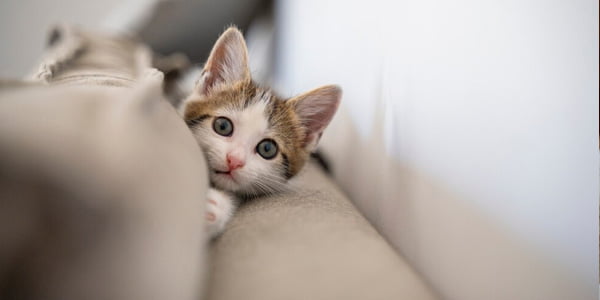Yes, rare strains of feline calicivirus can be especially deadly, causing a disease called FCV-associated virulent systemic disease (FCV-VSD). FCV-VSD is fatal in up to 60% of cats that develop the disease. However, most cats recover completely after a calicivirus infection.
Feline calicivirus (FCV) is a highly contagious virus that causes a mild to severe respiratory infection and oral disease in cats. It is especially common in shelters and breeding colonies, and often infects young cats. Most cats recover completely after a calicivirus infection, but rare strains can be especially deadly. The virus spreads through direct contact with the saliva, nasal mucus and eye discharge of infected cats and through aerosol droplets that spread when cats sneeze. Lab tests have also detected the virus in urine, feces and blood. After being exposed to FCV, the incubation period is two to 14 days before symptoms appear. The virus likely initially infects the lining of the back of the mouth. After the virus replicates there, it likely spreads through the bloodstream to other organs. However, FCV preferentially infects the lining of the mouth and the tissues within the lungs.

